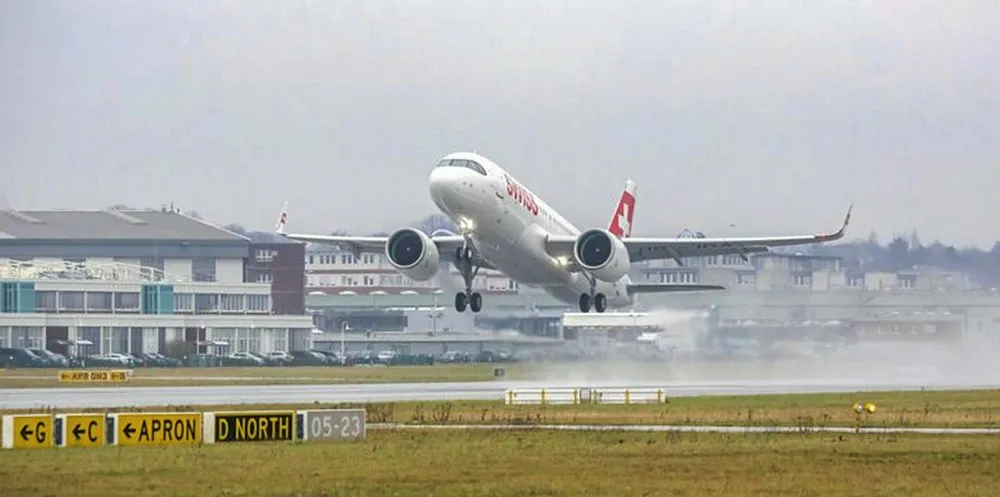Jet-zero: Airbus sees airliner fuelled by wind and solar hydrogen 'by early 2030s'
Senior executive says aerospace group sees 'very attractive' prospects for green H2 in jets up to 200 passengers

Senior executive says aerospace group sees 'very attractive' prospects for green H2 in jets up to 200 passengers
